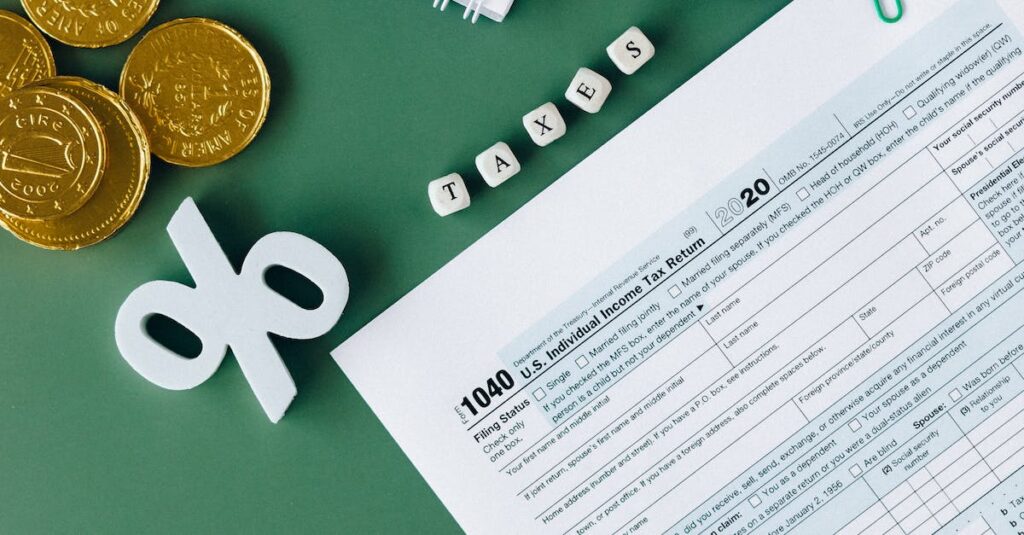Introduction
In the world of gambling, the thrill of winning can sometimes be dampened by the thought of tax obligations. Whether you enjoy a casual poker night with friends or take part in high-stakes casino games, it is important to understand the reporting requirements for taxation of gambling winnings and losses. This article will guide you through the process, ensuring that you are able to accurately report your winnings and deduct any allowable losses.
Gambling Winnings
Reporting Requirements
When it comes to reporting your gambling winnings, the Internal Revenue Service (IRS) requires you to report all income, including gambling winnings, on your federal tax return. The type of return you file (Form 1040, 1040-A, or 1040-EZ) will determine how you report your earnings.
Income Reporting
If you receive gambling winnings, the payer may issue you a Form W-2G, Certain Gambling Winnings, which will state the amount of your winnings and any taxes withheld. You must report these winnings as “Other Income” on your federal tax return. It is important to note that even if you don’t receive a W-2G, you are still required to report all gambling winnings.
Record Keeping
To accurately report your gambling winnings, it is crucial to maintain detailed records of your gambling activities. The IRS suggests keeping a diary or log that includes the date and type of gambling activity, the location, the people involved, and the amounts won and lost. This will not only help in reporting your winnings but also in substantiating any losses you wish to deduct.
Gambling Losses
Reporting Requirements
While reporting gambling winnings is mandatory, deducting your gambling losses is subject to certain limitations. Losses can only be deducted if you itemize your deductions on Schedule A of Form 1040.
Limits on Deductions
The amount of gambling losses you can deduct is limited to the amount of your gambling winnings. In other words, you cannot deduct more losses than what you have won. You must keep accurate records of both your winnings and losses to support any deductions claimed.
Miscellaneous Itemized Deductions
Gambling losses fall into the category of miscellaneous itemized deductions. However, it is important to note that the Tax Cuts and Jobs Act of 2017 has eliminated the ability to deduct miscellaneous itemized deductions worth less than 2% of your adjusted gross income. So if your losses do not exceed this threshold, you may not be eligible for a deduction.
Reporting Winnings and Deductions
Form W-2G
As previously mentioned, if your gambling winnings exceed a certain threshold, the payer is obligated to issue you a Form W-2G. This form breaks down your winnings and any taxes withheld. It is essential to report these winnings accurately on your tax return to avoid any potential audits or penalties.
Schedule A
To report your gambling losses, you must itemize deductions on Schedule A. Along with reporting your gambling losses, you must also provide records of your winnings. This could include wagering tickets, canceled checks, or casino credit records. Maintaining accurate records is crucial in the event of an IRS audit.
Professional Gambling
For those who engage in gambling as a profession, the reporting requirements are more complex. If you consider yourself a professional gambler, you may be able to deduct your business expenses, such as travel and equipment, in addition to your losses. It is recommended you consult with a tax professional to ensure proper reporting.
Summary
Accurately reporting your gambling winnings and deducting allowable losses is a vital part of fulfilling your tax obligations. Remember to report all income, even if you do not receive a Form W-2G. Maintain detailed records of your gambling activities to support your claims and avoid potential penalties. Deducting losses is subject to limitations, and the Tax Cuts and Jobs Act of 2017 has added additional restrictions on miscellaneous itemized deductions. Stay informed and consult with a tax professional to ensure compliance with reporting requirements.







